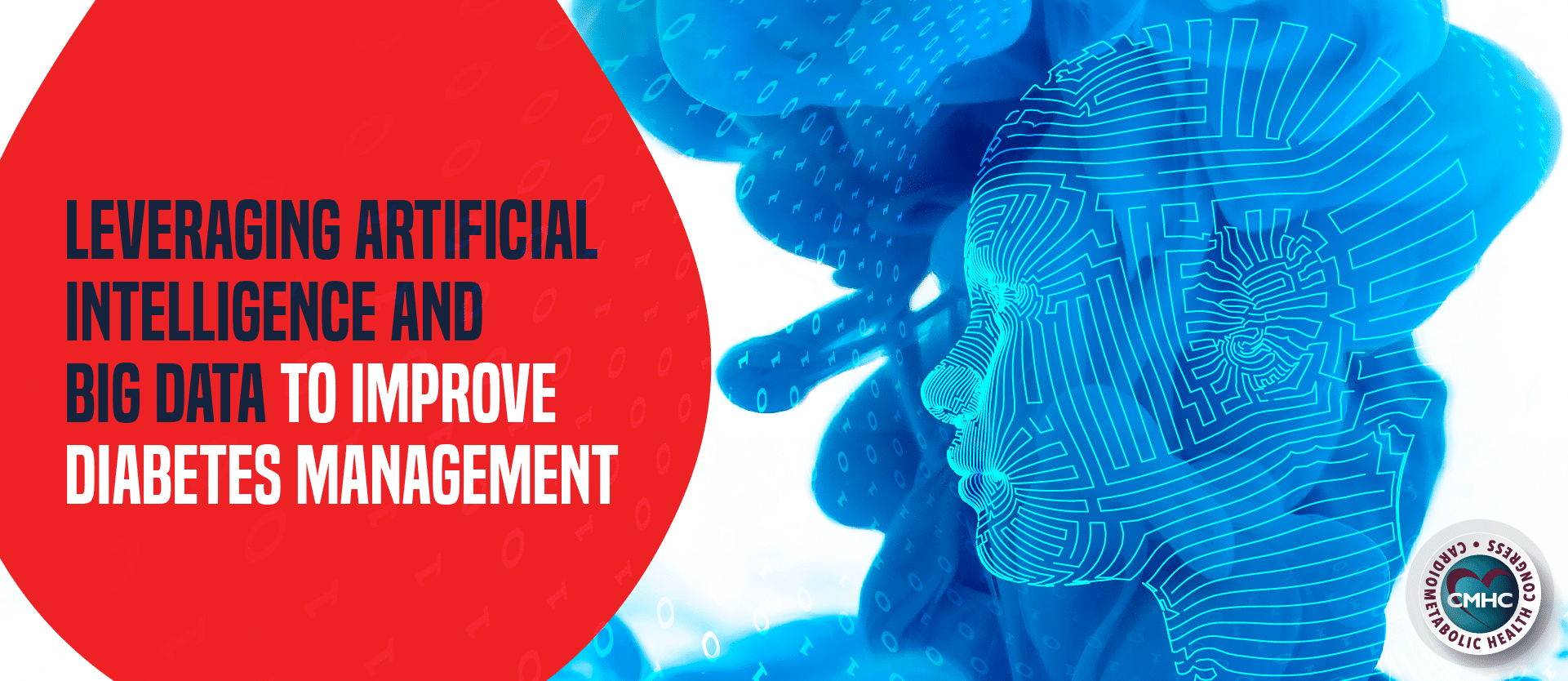Effective management of diabetes is vital to ensuring positive patient health outcomes as well as reducing the risk of comorbid conditions and their long-term repercussions. Due to impeccable advancements in digital health technology, diabetes management has advanced significantly over the past several decades, eliminating many cumbersome aspects and assisting both patients and practitioners with streamlining diabetes care.
In order to properly manage the condition, patients are required to routinely test their blood sugar throughout the day; until recently, these tests were based on finger tick blood samples analyzed by a glucose meter. Now, with the development of continuous glucose monitors to help track blood glucose levels – without finger sticks – patients can obtain an estimate of their glucose every 5 minutes. Furthermore, digital health technology powered by artificial intelligence has proven to improve condition management, reduce the need for in-office appointments, and ease patient-provider interaction. Currently, AI plays an integral role in advancing diabetes care, not only allowing for greater glucose control, but also detecting early signs of diabetes in pre-diabetic patients through wearable technology.
Diabetes Data Analysis for Improved Monitoring and Management
A new project from the Rensselaer Polytechnic Institute (RPI) aims to evaluate the current artificial intelligence and big data capabilities, utilizing information gathered from insulin pumps to observe their functioning. Funded by JRDF – a leading global organization funding Type 1 diabetes research – and led by professor of chemical and biological engineering at RPI Wayne Bequette, the study aims to leverage AI and big data techniques to parse through a vast array of patient data.
In order to develop improvements for mobile diabetes care devices and enhance condition management, the research team will evaluate a continuous stream of information derived from glucose monitors and insulin pumps, analyzing the performance and accuracy of their algorithms. Using their findings to improve the capabilities of these devices and data analysis derived from the study, investigators hope to provide crucial information that will allow developers to better predict the impact of meals and insulin doses on blood glucose levels in patients – ultimately, leading to significant advancements in blood sugar control.
Furthermore, researchers hope to uncover the frequency of error in sensor, insulin pump, and infusion set readings through their careful examination of the technology. Understanding how often faults occur can help further improve current processes and provide detailed data broken down by age group. Accounting for age-specific issues affecting the algorithm can allow for more personalized control, reducing the burden in effected age groups – which are often the youngest or oldest patient demographics.
The forthcoming project is set to advance the role of artificial intelligence in clinical decision support and chronic disease management, according to researchers. Possibilities of improved data-driven decisions and emerging digital health technology are vast. In diabetes care specifically, enhanced technology can significantly improve patient quality of life, reduce comorbidities associated with the disease, and alleviate some of the burden placed on individuals with Type 1 diabetes. This new research initiative underscores the technological advancements made in recent years; its results may lead to improved outcomes in population health and decreased rates of comorbid conditions.


















